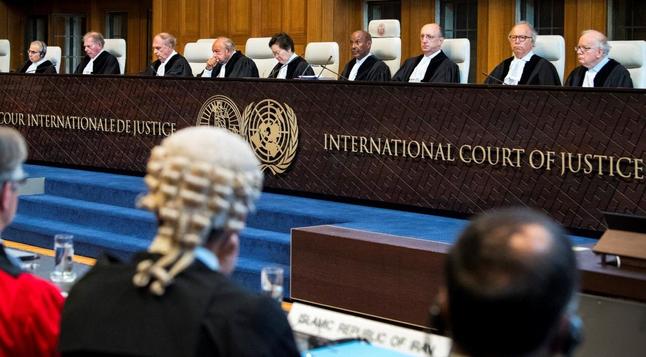"First, what are the obligations of states under international law to protect the planet’s climate system? Second, what are the legal consequences for countries whose actions or inactions cause significant harm to the environment?
The #ICJ’s advisory opinion, though not binding, is expected to shape future #climate litigation at national and international levels."
https://newscentral.africa/world-court-to-debate-legal-framework-for-climate-responsibility/

News Central TV | Latest Breaking News Across Africa, Daily News in Nigeria, South Africa, Ghana, Kenya and Egypt Today. - Africa. First. · IC to Debate Legal Framework for Climate ResponsibilityThe ICJ will begin historic hearings on global climate accountability, seeking to define nations' legal obligations to combat greenhouse gases and protect...

